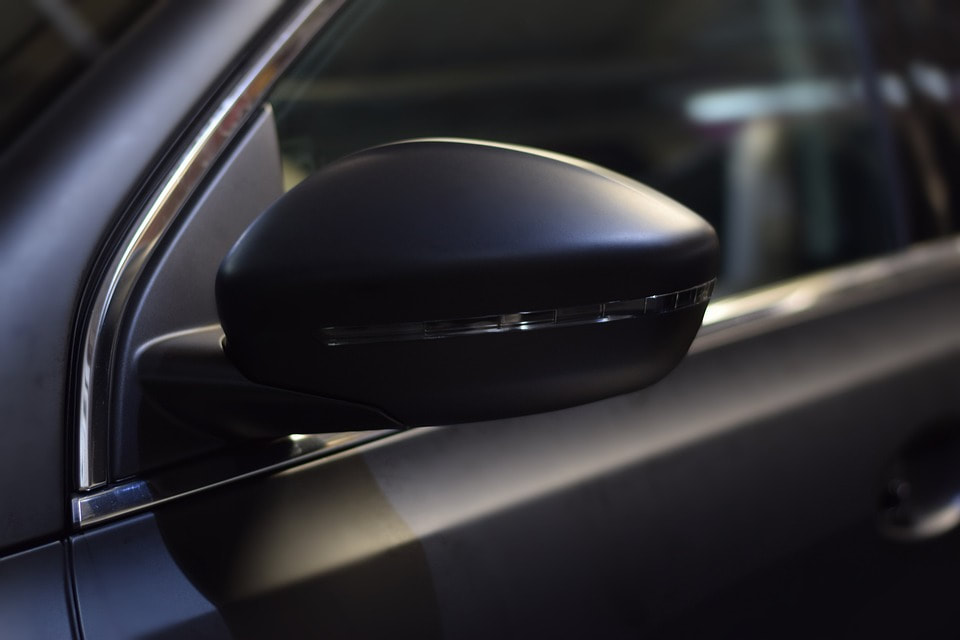|
If you are considering tinting the windows of your car, it is important to be aware of the laws and regulations that govern this practice. Car window tinting has become increasingly popular in recent years, not only for aesthetic reasons but also for practical ones such as reducing glare and UV exposure. However, before you have your car windows tinted, you need to understand the legal requirements and restrictions that apply in your area. In this article, we will break down the laws and regulations of car window tinting to help you make an informed decision.
The Legality of Car Window Tinting The legality of car window tinting varies from state to state and even from city to city. In general, the level of tinting allowed on car windows is determined by the percentage of visible light transmission (VLT) that the tint film allows. VLT refers to the amount of visible light that can pass through the tinted windows. The lower the VLT percentage, the darker the tint. Most states allow some level of tinting on car windows, but the allowable percentage varies. For example, in Arizona, the front side windows must allow at least 33% of VLT, while the back side and rear windows can be tinted to any level. In California, the front side windows must allow at least 70% of VLT, while the back side and rear windows can be tinted to any level as long as the driver has side mirrors that provide a view behind the vehicle. Some states also have specific rules regarding the level of tinting allowed on the windshield. It is important to note that the legality of car window tinting also extends to the type of tint film used. In some states, certain types of tint film, such as reflective film, are not allowed. Additionally, some states require that the tint film meet certain standards, such as being certified by the manufacturer. Penalties for Illegal Tinting If you violate the laws and regulations regarding car window tinting, you may face penalties such as fines, having to remove the tint, or even having your car impounded. The severity of the penalty will depend on the specific laws and regulations in your area, as well as the level of violation. In some cases, you may be able to get a medical exemption for darker tinting if you have a medical condition that requires it, such as photosensitivity or a skin condition that is aggravated by UV exposure. However, you will need to provide documentation from a licensed medical professional to support your exemption. Choosing a Professional Tinting Service When it comes to tinting your car windows, it is important to choose a professional tinting service that is knowledgeable about the laws and regulations in your area. A reputable tinting service will be able to help you choose the right level of tinting for your needs while ensuring that the tint film meets the necessary standards and regulations. When choosing a tinting service, look for one that has experience working with your specific make and model of car. They should also be able to provide you with a warranty on the tint film and installation. The Benefits of Car Window Tinting Car window tinting can provide numerous benefits beyond just aesthetic appeal. One of the main benefits of tinting your car windows is that it can reduce the amount of heat that enters your car, making it more comfortable to drive in hot weather. This can also reduce the workload on your car's air conditioning system, which can save you money on fuel. Tinting your car windows can also help to reduce glare from the sun, making it easier and safer to drive in bright conditions. Additionally, the tint film can block up to 99% of harmful UV rays, which can protect your skin from sun damage and even reduce the risk of skin cancer. Another benefit of car window tinting is that it can provide added privacy and security for you and your passengers. Tinted windows can make it more difficult for would-be thieves to see inside your car, and can also make it harder for them to break the windows and gain access. Lastly, car window tinting can also protect your car's interior from sun damage, including fading and cracking of upholstery and dashboard materials. This can help maintain the value of your car over time and reduce the need for costly repairs or replacements. Conclusion Before you decide to tint your car windows, it is important to understand the laws and regulations that apply in your area. This will help you avoid penalties and ensure that your tinting is legal and safe. It is also important to choose a professional tinting service that is knowledgeable about the laws and regulations in your area and can help you choose the right level of tinting for your needs. In addition to the legal and practical considerations, car window tinting can provide numerous benefits, including reducing heat and UV exposure, enhancing privacy and security, and protecting your car's interior. By weighing these factors and making an informed decision, you can enjoy the many benefits of car window tinting while staying on the right side of the law. If you have any further questions about car window tinting, please contact Car Tint Pro at 480-568-6483.
0 Comments
|
Archives
October 2023
Categories |
CompanyCAR TINT PRO OPERATES AS BLACKOUT AZ.
150 W Elliot Rd STE1 Chandler, AZ 85225 480-568-6483 Hours Of Operation Monday – Friday: 8 a. m. – 5 p. m. Saturday: By Appointment Sunday: Closed |
Navigation |
Social |


 RSS Feed
RSS Feed